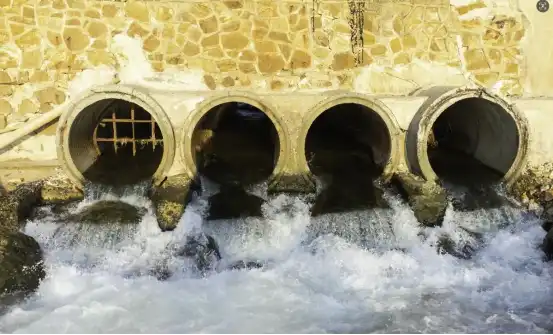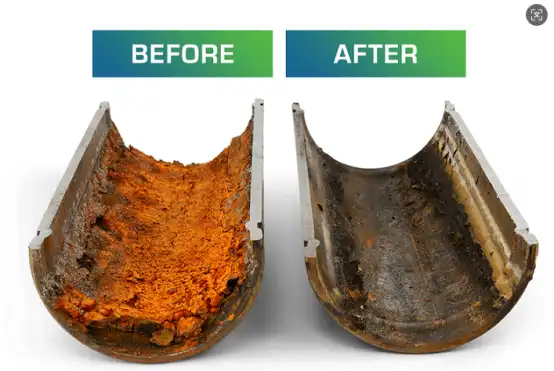- English
- French
- German
- Portuguese
- Spanish
- Russian
- Japanese
- Korean
- Arabic
- Greek
- German
- Turkish
- Italian
- Danish
- Romanian
- Indonesian
- Czech
- Afrikaans
- Swedish
- Polish
- Basque
- Catalan
- Esperanto
- Hindi
- Lao
- Albanian
- Amharic
- Armenian
- Azerbaijani
- Belarusian
- Bengali
- Bosnian
- Bulgarian
- Cebuano
- Chichewa
- Corsican
- Croatian
- Dutch
- Estonian
- Filipino
- Finnish
- Frisian
- Galician
- Georgian
- Gujarati
- Haitian
- Hausa
- Hawaiian
- Hebrew
- Hmong
- Hungarian
- Icelandic
- Igbo
- Javanese
- Kannada
- Kazakh
- Khmer
- Kurdish
- Kyrgyz
- Latin
- Latvian
- Lithuanian
- Luxembou..
- Macedonian
- Malagasy
- Malay
- Malayalam
- Maltese
- Maori
- Marathi
- Mongolian
- Burmese
- Nepali
- Norwegian
- Pashto
- Persian
- Punjabi
- Serbian
- Sesotho
- Sinhala
- Slovak
- Slovenian
- Somali
- Samoan
- Scots Gaelic
- Shona
- Sindhi
- Sundanese
- Swahili
- Tajik
- Tamil
- Telugu
- Thai
- Ukrainian
- Urdu
- Uzbek
- Vietnamese
- Welsh
- Xhosa
- Yiddish
- Yoruba
- Zulu

Pipeline Scale Inhibition
Pipe Scale Inhibition: Methods and Products
Pipes are integral to industrial and domestic water - supply systems. However, scale formation is a common issue. Scale, the build - up of minerals on pipe inner surfaces, reduces flow capacity and heat transfer efficiency. In severe cases, it causes blockages and corrosion, leading to costly repairs. Thus, effective scale inhibition is crucial.
Mechanisms of Scale Formation
Scale in pipes mainly results from the precipitation of dissolved minerals in water. Hard water, rich in calcium, magnesium, and other metal ions, is prone to scale. Temperature changes reduce mineral solubility, causing precipitation. For example, calcium carbonate (CaCO₃) precipitates when the chemical equilibrium shifts due to temperature or pressure changes in water with high calcium and carbonate ions. Bacteria and microorganisms in water can also accelerate scale formation.

Physical Methods of Pipe Scale Inhibition
Mechanical Cleaning
Descaling tools like wire brushes, scrapers, and high - pressure water jets are used. Small - diameter pipes can be cleaned with flexible wire brushes, while large pipes benefit from high - pressure water jets. However, this method requires significant labor and may damage the pipe if not properly used.
Magnetic and Electronic Descalers
These devices alter water's physical properties. Magnetic descalers generate a magnetic field around the pipe, changing mineral ion orientation to inhibit scale. Electronic descalers use electrical impulses to disrupt scale - forming mineral crystallization. Their effectiveness varies with water quality and pipe material, but they are non - chemical and low - maintenance.
Chemical Methods of Pipe Scale Inhibition
Scale Inhibitor Chemicals
- Polyphosphates: Form complexes with metal ions, preventing scale - forming reactions. Sodium hexametaphosphate is a common example. They are inexpensive but require careful dosing.
- Phosphonates: Such as ATMP and EDTMPA, have strong chelating abilities. They bind to metal ions, inhibiting scale - forming crystal growth. They are effective in various water conditions, especially high - temperature and high - hardness water.
- Polymers: Like Polyaspartic Acid Sodium Salt (PASP), chelate metal ions and disperse small scale particles. PASP is biodegradable and also offers corrosion - inhibition.
Acid Cleaning
Hydrochloric acid and citric acid can dissolve existing scale. Hydrochloric acid is strong but corrosive, while citric acid is milder. Acid cleaning requires careful handling, proper acid concentration, and contact time control, followed by thorough flushing.
Biological Methods of Pipe Scale Inhibition
Biofilm - Based Inhibition
Beneficial microorganisms, like certain bacteria, produce extracellular polymeric substances (EPS). EPS can sequester metal ions or modify pipe surface properties to inhibit scale. However, biological methods need careful monitoring to avoid other problems like increased fouling or corrosion.
Selection of Pipe Scale Inhibition Products
Consideration of Pipe Material
- Metallic Pipes: Scale inhibitors for steel and copper pipes must account for corrosion risk. Corrosion - inhibiting scale inhibitors like some phosphonates or polymers are more suitable.
- Non - Metallic Pipes: PVC and PEX pipes are more corrosion - resistant but may be sensitive to certain methods. Milder scale inhibitors or physical methods are preferred.
Water Quality
- Hardness and Mineral Content: High - hardness water needs more powerful scale inhibitors like phosphonates, while low - hardness water may only require simpler options.
- pH Value: The pH of water affects scale inhibitor performance. Some work better in acidic or alkaline conditions.
Conclusion
Pipe scale inhibition is vital for pipe system efficiency and lifespan. With physical, chemical, and biological methods available, the choice depends on pipe material, water quality, and scale severity. By carefully considering these factors, the negative impacts of scale can be minimized, ensuring smooth pipe - system operation.
Learn about our latest products and discounts through SMS or email

